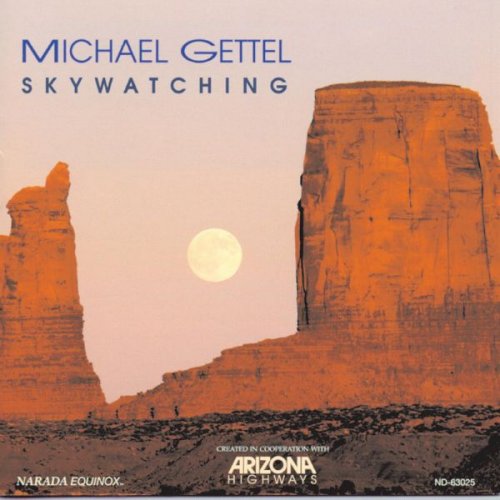The Hustlers - The Hustlers (2009)
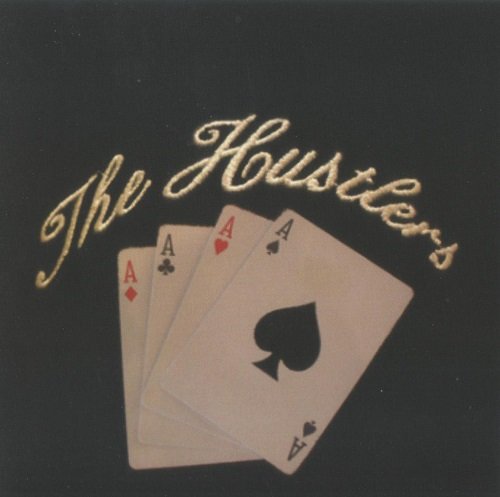
Artist: The Hustlers
Title: The Hustlers
Year Of Release: 2009
Label: The Hustlers
Genre: Blues
Quality: Mp3 320 / Flac (tracks, .cue, log)
Total Time: 41:48
Total Size: 103/288 Mb (scans)
WebSite: Album Preview
Tracklist:Title: The Hustlers
Year Of Release: 2009
Label: The Hustlers
Genre: Blues
Quality: Mp3 320 / Flac (tracks, .cue, log)
Total Time: 41:48
Total Size: 103/288 Mb (scans)
WebSite: Album Preview
01. Go Big Daddy
02. She Caught The Katy
03. Jenny Lou
04. Moving Up In Class
05. Routine
06. Back At The Ckicken Shack
07. Born To Play The Blues
08. Elvis On The Radio
09. Littlte Sister
10. Mean Ol' Woman
11. Bits And Pieces
The Hustlers' story begins in North Miami in 1961. Lead guitarist Joe Belloise, bass player Chuck Severson, drummer Nick Frasca, and rhythm guitarist Paul Curcio, all teenagers at the time, came together as cover specialists playing mostly '50s rock songs around the city's numerous lounges and college fraternities. After several years and some measure of local renown, the four-piece broke up. (Curcio, upon moving to the West Coast, would become a prime mover in the historically significant San Francisco psych pop band the Mojo Men.) Frasca and Belloise briefly joined another North Miami combo, the Quiet Four, to record the "Telstar"-esque instrumental "Bossa Nova Outer Space," then a second version of the Hustlers was reconstituted in late 1963 by vocalist/guitarist Bob Leavitt, ex-Quiet Four guitarist John McNicol, drummer Jesse Cabassa, and bassist Bruce San Filippo.
In a short time, they developed into a local institution. The band frequently headlined radio-sponsored events, teen dances, bandstands, even political rallies, and, at the behest of WFUN manager Steve Palmer, who was responsible for bringing national acts to local venues, the Hustlers played backing band for countless popular acts who passed through the city, including the Coasters, Simon & Garfunkel, the Marvelettes, and Otis Redding. By 1964 the classic lineup finally had solidified. Original Hustlers co-founder Frasca replaced Cabassa on drums and, with San Filippo off to the Navy, Joe Romeo joined as the bassist. This is the quartet that recorded most of the extant Hustlers material, later collected on the eponymous 2004 Gear Fab CD retrospective. Despite the group's surging popularity from that point on, the Hustlers' career wasn't without frustrations. They were often hamstrung artistically by management, forced to concentrate on cover material rather than showcasing the increasingly strong, Byrds-influenced original material composed by Leavitt, even when fan interest for the latter was high.
For instance, a song Leavitt co-wrote with Montells bassist Danny Murphy, "You Can't Make Me," thought by some collectors to be one of the great, snarling lost American beat singles, was killed commercially by Palmer for nebulous reasons and despite thousands of call-in requests to WFUN. Still, by 1966 the Hustlers had become one of Miami's most respected rock bands, booked in all the important show clubs (the Ale House, Mother's Lounge, Sir John Nite Beat), sometimes playing as many as five or six sets on particularly hopping Friday and Saturday nights. "If You Try," the A-side of the Hustlers' lone single release, was also a pretty big deal regionally, garnering significant radio airplay, though it never quite made it out of Florida.
In 1967, the circumstances of the era began to fragment the band. Frasca was off to the Air Force for pilot training, and McNicol spent several semesters at college. After a brief sabbatical, Leavitt and McNicol continued on with Joel Tessler and then Ronnie Malinoski on drums and Bob Wooley on bass. They did a stint as the house band at Mother's Lounge and spent some time opening for another raucous band, Vanilla Fudge. During this group's last six weeks together, their manager insisted on changing their name to the Dard. They made some early 1968 recordings in this guise, but the magic had clearly gone out of the endeavor, and the band disbanded shortly thereafter. ~ Stanton Swihart
In a short time, they developed into a local institution. The band frequently headlined radio-sponsored events, teen dances, bandstands, even political rallies, and, at the behest of WFUN manager Steve Palmer, who was responsible for bringing national acts to local venues, the Hustlers played backing band for countless popular acts who passed through the city, including the Coasters, Simon & Garfunkel, the Marvelettes, and Otis Redding. By 1964 the classic lineup finally had solidified. Original Hustlers co-founder Frasca replaced Cabassa on drums and, with San Filippo off to the Navy, Joe Romeo joined as the bassist. This is the quartet that recorded most of the extant Hustlers material, later collected on the eponymous 2004 Gear Fab CD retrospective. Despite the group's surging popularity from that point on, the Hustlers' career wasn't without frustrations. They were often hamstrung artistically by management, forced to concentrate on cover material rather than showcasing the increasingly strong, Byrds-influenced original material composed by Leavitt, even when fan interest for the latter was high.
For instance, a song Leavitt co-wrote with Montells bassist Danny Murphy, "You Can't Make Me," thought by some collectors to be one of the great, snarling lost American beat singles, was killed commercially by Palmer for nebulous reasons and despite thousands of call-in requests to WFUN. Still, by 1966 the Hustlers had become one of Miami's most respected rock bands, booked in all the important show clubs (the Ale House, Mother's Lounge, Sir John Nite Beat), sometimes playing as many as five or six sets on particularly hopping Friday and Saturday nights. "If You Try," the A-side of the Hustlers' lone single release, was also a pretty big deal regionally, garnering significant radio airplay, though it never quite made it out of Florida.
In 1967, the circumstances of the era began to fragment the band. Frasca was off to the Air Force for pilot training, and McNicol spent several semesters at college. After a brief sabbatical, Leavitt and McNicol continued on with Joel Tessler and then Ronnie Malinoski on drums and Bob Wooley on bass. They did a stint as the house band at Mother's Lounge and spent some time opening for another raucous band, Vanilla Fudge. During this group's last six weeks together, their manager insisted on changing their name to the Dard. They made some early 1968 recordings in this guise, but the magic had clearly gone out of the endeavor, and the band disbanded shortly thereafter. ~ Stanton Swihart
![NYO Jazz - Live in Johannesburg (Live) (2025) [Hi-Res] NYO Jazz - Live in Johannesburg (Live) (2025) [Hi-Res]](https://www.dibpic.com/uploads/posts/2025-12/1765894703_zwp14vk90corb_600.jpg)

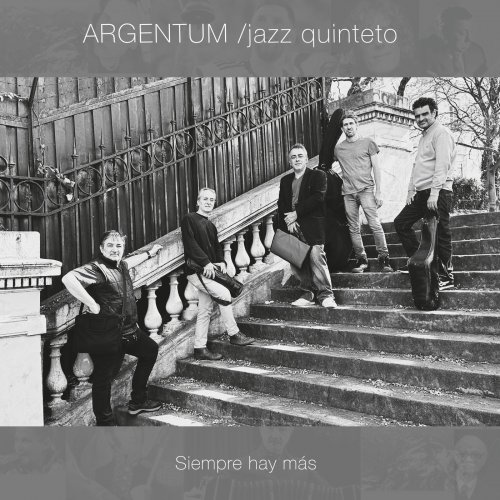
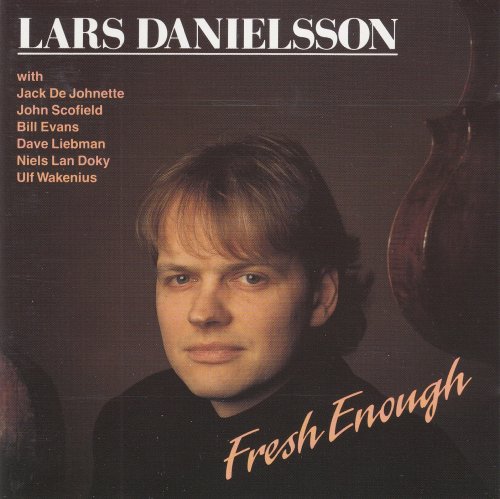
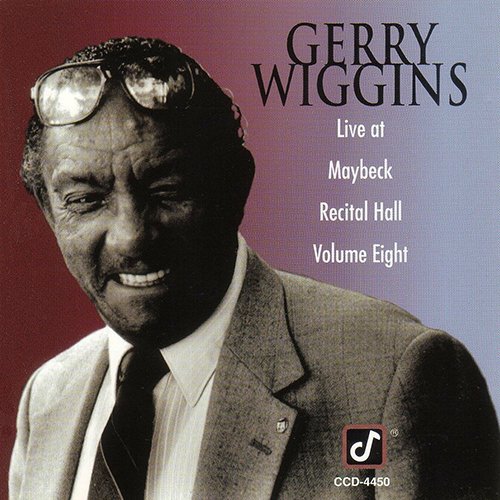
![Ready Player 3 - Ready Player 3 (2025) [Hi-Res] Ready Player 3 - Ready Player 3 (2025) [Hi-Res]](https://www.dibpic.com/uploads/posts/2025-12/1766128773_cover.jpg)
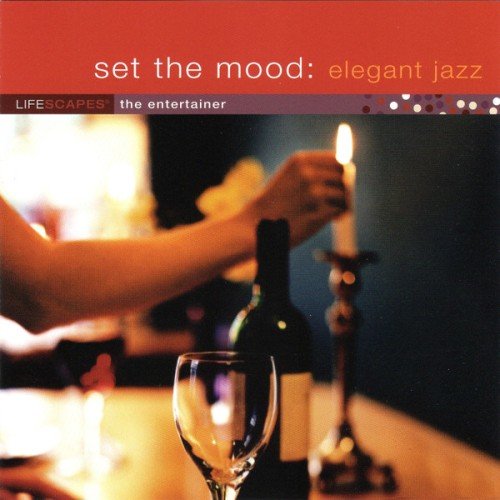
![Don Cherry, Nana Vasconcelos & Collin Walcott - Codona (1979/2025) [Hi-Res] Don Cherry, Nana Vasconcelos & Collin Walcott - Codona (1979/2025) [Hi-Res]](https://www.dibpic.com/uploads/posts/2025-12/1765970766_cover.jpg)
